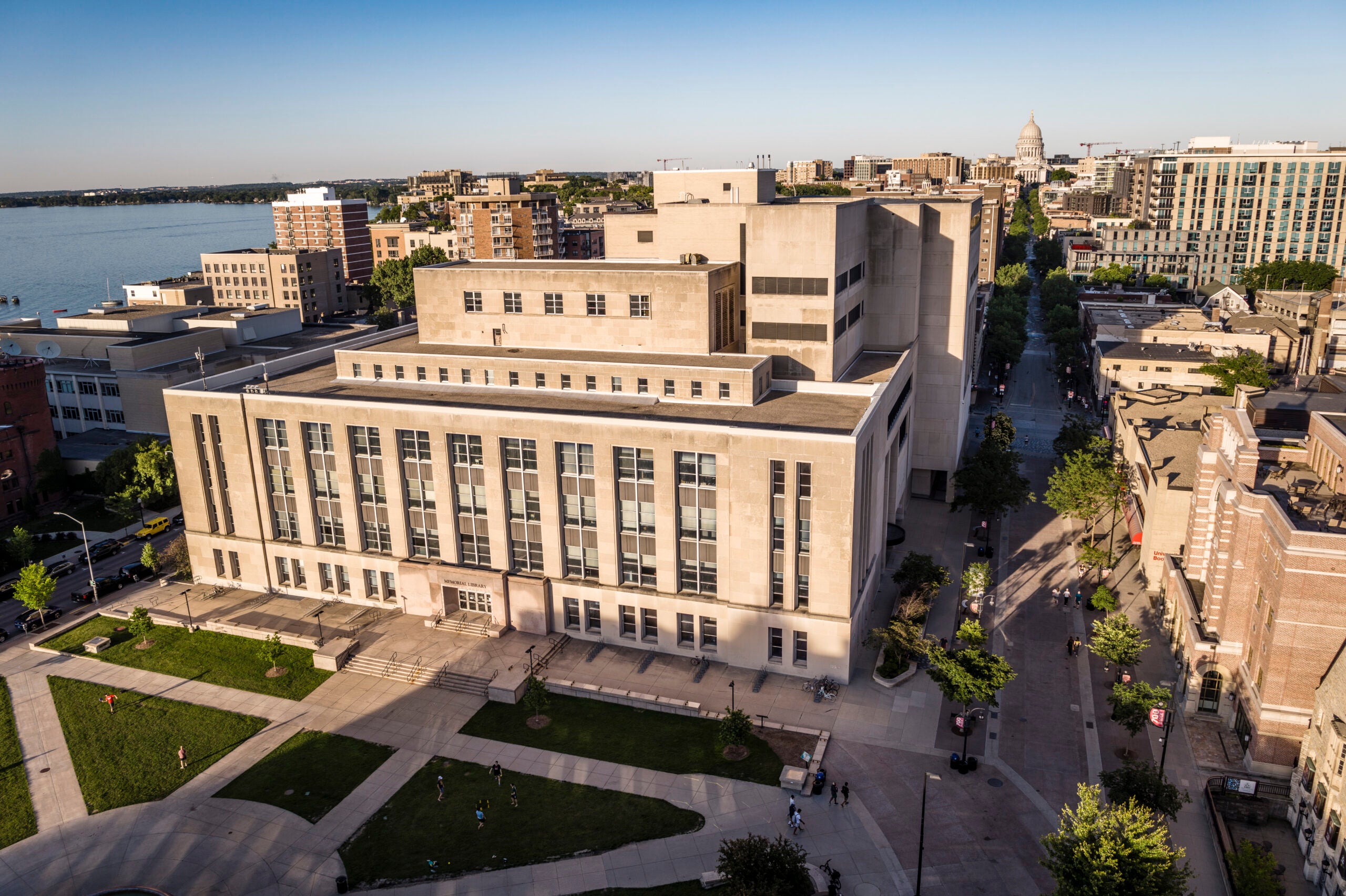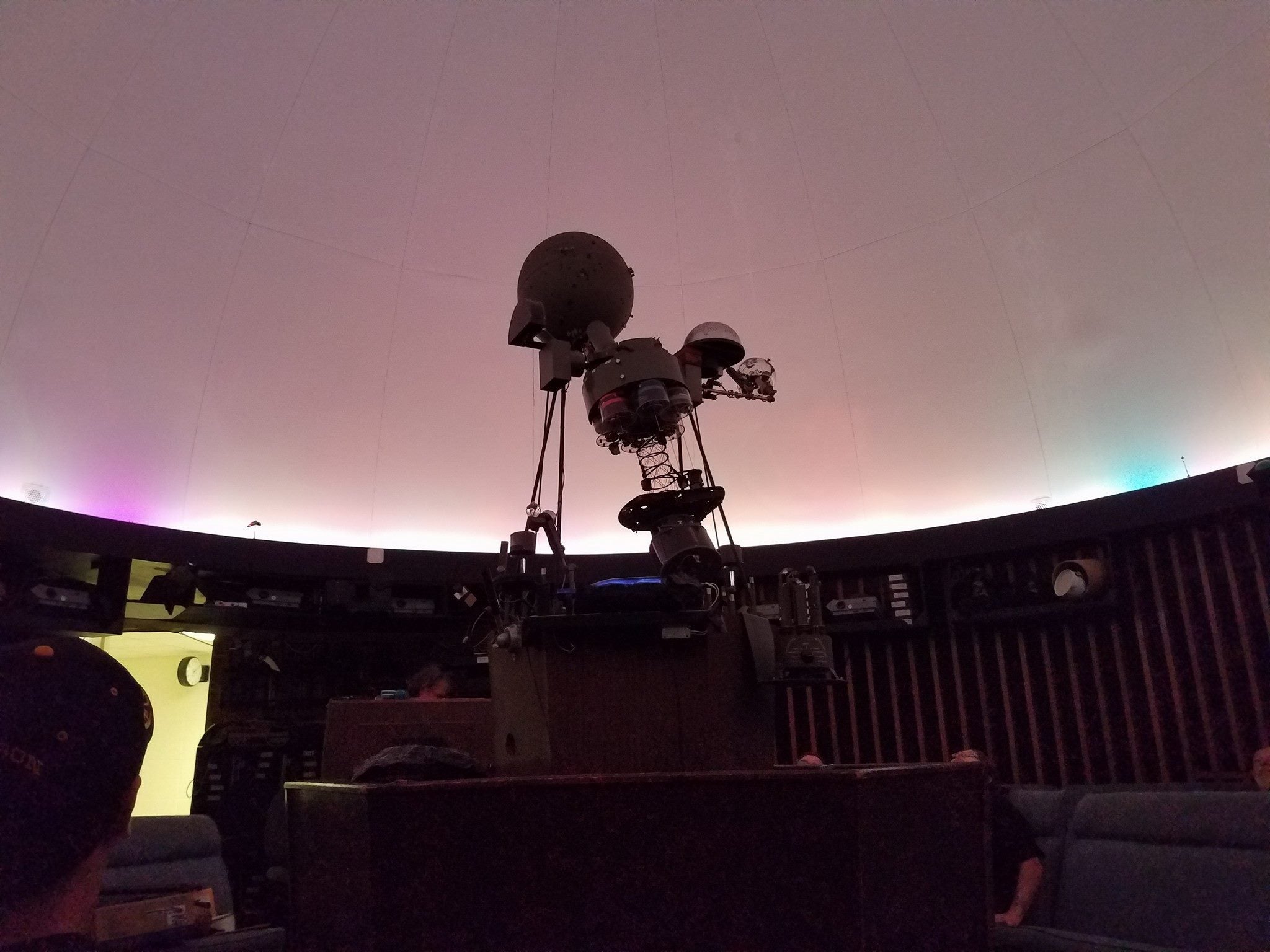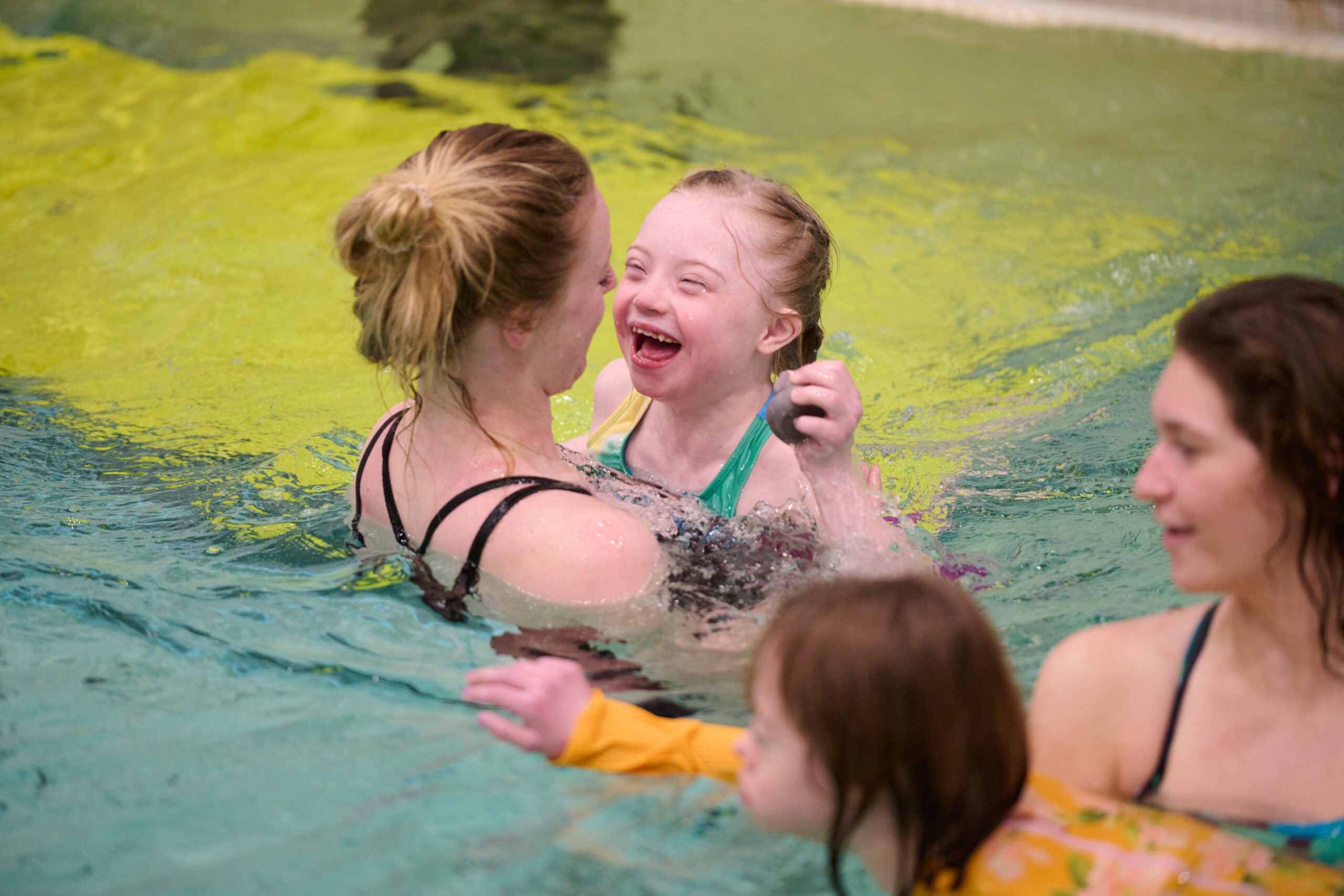A University of Wisconsin-La Crosse student who accused a professor of sexual harassment says more students have come forward with similar complaints.
UW-La Crosse student Caycee Bean detailed the alleged harassment in a public Facebook post Sept. 4. She also voiced her frustrations with the university’s lack of communication about the investigation into her report.
In a new statement this week, Bean said she has heard from several students who had similar experiences with the same professor and one or more people have brought complaints to the university.
News with a little more humanity
WPR’s “Wisconsin Today” newsletter keeps you connected to the state you love without feeling overwhelmed. No paywall. No agenda. No corporate filter.
UW-La Crosse Chancellor Joe Gow confirmed with Wisconsin Public Radio that additional information about the professor’s conduct has been brought to the university by other people since Bean posted her experience on Facebook. A university spokesman said no formal complaints have been filed against the professor at this time. Gow declined a request from WPR to answer further questions.
The new statement from Bean also provided further details about her experience and UW-La Crosse’s response.
Bean, who plans to graduate this spring, said she made a report to university officials in March about an incident of sexual harassment by a professor that happened during her freshman year in spring 2015.
She said an art department professor offered her a drawing lesson after letting her enroll in his advanced class. During the lesson, Bean said the professor cornered her in a locked room, asked her to remove some of her clothing, commented on her body and touched her. Bean said she continued to feel singled out by the professor after the incident.
“He would come from behind and stand extremely close while I was working — closer than he would with other students in the class,” Bean said in the statement.
She said she eventually changed her major to avoid the professor and struggled with depression and anxiety, eventually taking an emergency leave of absence from UW-La Crosse in 2018.
Bean said she decided to file a report with UW-La Crosse about the incident after she saw the professor speaking with other young women on campus, fearing others might be victimized.
She said university officials didn’t communicate with her for months about the status of the investigation. Bean said in the statement that when she followed up with the university’s human resources department this fall, an official said the lack of communication had been an oversight. After meeting with the department’s director, Bean said she felt her complaint had been “swept under a rug.”
“UWL took no substantive measures to protect other students from her harasser and took only token measures to protect her,” Bean’s statement said. “Even though her harasser was instructed not to have contact with her, he still worked in the building where she had classes and she still frequently saw him on campus.”
Bean said in the statement that she decided to post about her experience on Facebook to voice her frustration with the university.
In response to strong reaction on social media to Bean’s story, Gow, the university chancellor, reopened the investigation into the professor and asked for involvement from the UW System.
Last week, the university announced the chair of the UW-La Crosse Art Department was placed on leave and an interim chair was appointed through the completion of the investigation. UW-La Crosse’s website previously identified Joel Elgin as the chairman of the Art Department.
Abigail Boyer is associate executive director of the Clery Center, a nonprofit organization that helps higher education programs comply with federal laws around campus safety known as the Clery Act. She said it’s not uncommon for someone who has experienced sexual harassment on campus to delay reporting or decided not to report an incident.
“We’re often talking about situations where the person knows the person who harmed them or who they’re reporting has harmed them. They might really be navigating what type of support is available and also what feels like the right fit,” Boyer said. “It’s one of the reasons why the requirements are so important in the first place because it’s making sure that regardless of what that person’s timeline is or what support is going to be best for them that the institution has a structure in place to really clearly communicate what’s available.”
Boyer declined to comment on the specific case at UW-La Crosse. But she said in general, communication with both parties in an investigation is important.
“When there are these disciplinary procedures, institutions are required to provide both the complainant and the respondent with information on what the outcome was and the rationale for that decision making. And that would be true also for any changes to the results or when the result becomes final,” Boyer said. “It’s certainly important that the individuals coming forward in the campus community have an understanding and an expectation as to what might happen next and also that there’s communication as some of these steps or these structures are taking place.”
Boyer said some of the Clery Act’s reporting requirements were first implemented as recently as 2015 and many institutions have had to go back and amend policies. She said what the final policy and procedure looks like for an institution depends on the support and training campus staff receive.
“There are a lot of resources out there in the field to help campuses really build and grow their programs to make sure that both their prevention and their response on campus is such that the campus community really feels as though they can trust the response from the institution and that makes them more likely to want to come forward and make a report,” Boyer said.
In the statement this week, Bean said she hopes that UW-La Crosse reviews and makes changes to the way it processes complaints in light of her experience. She said she “believed the university would advocate for her, but it did not.”
“Students deserve to be heard and believed,” Bean said in the statement.
Wisconsin Public Radio, © Copyright 2025, Board of Regents of the University of Wisconsin System and Wisconsin Educational Communications Board.







